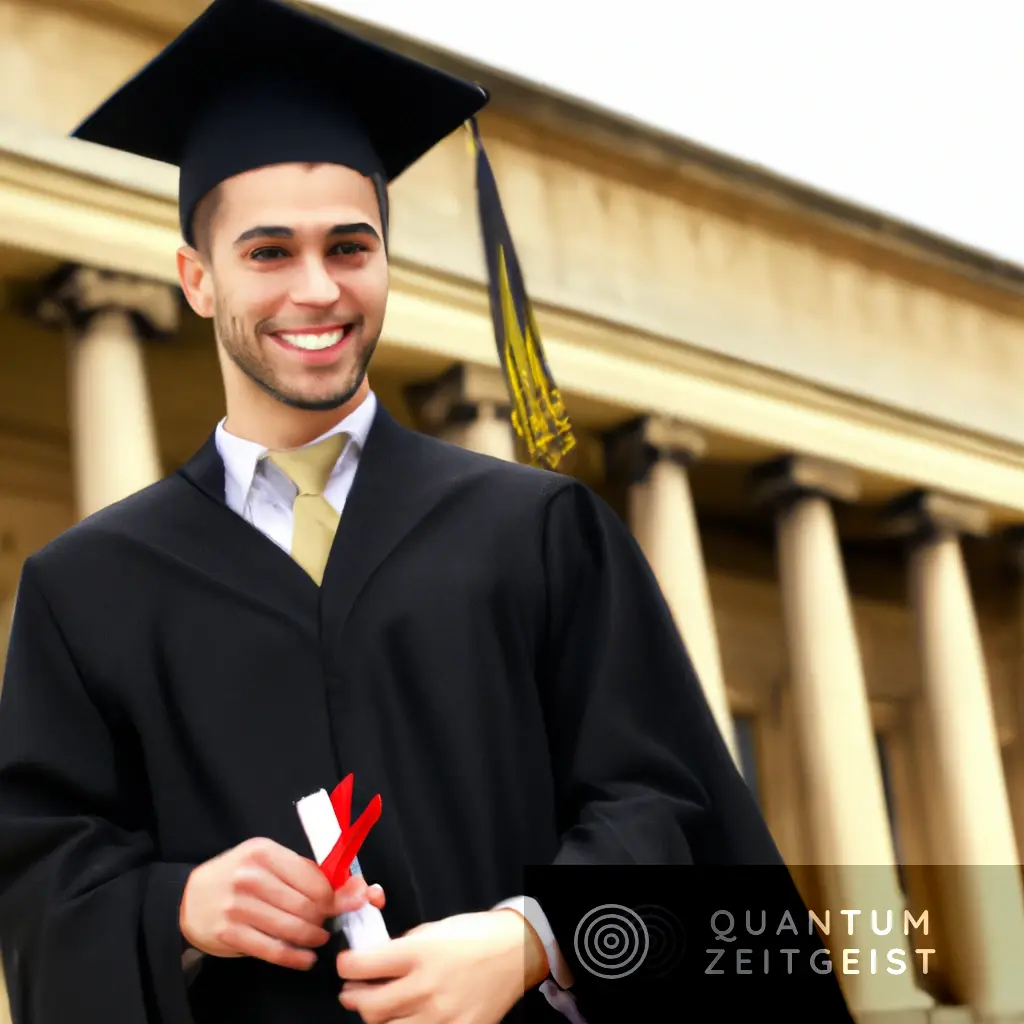Learning Quantum Computing might be daunting. Where do you start? How can you learn? Suppose you are looking into what might be the most significant technological revolution of our lifetime. How do you learn Quantum computing without false starts or blind alleys and understand it? The world is waking up to the possibilities of Quantum Computing with massive investment in the field. It could be your next career. It’s 2023, and with the rise of Artificial Intelligence, perhaps learning a new skill will be key in the coming years.
Quantum Computing is usually a course reserved for Physics undergraduates and Graduate courses. Usually, physics students (and increasingly Computer Science students) are made to do a few years of prerequisite courses in mathematics, logic, probability, and complexity before tackling the complex concepts in Quantum Information theory. However, if you are not a physics student enrolled at a university, how do you learn Quantum Computing?
We have selected some of the best Quantum Computing courses for beginners around the internet. We also have a book section with some fantastic books reviewed that can help your journey to learn Quantum Computing.
Here are some courses you can take on your path to learning Quantum Computing with these Online classes for beginners:
1. Quantum Computing by Brilliant (sponsored)
In this course (QZ is sponsored by Brilliant), students will work around in conjunction with quantum researchers and practitioners from Microsoft, X, and Caltech’s IQIM; they will learn how to build quantum algorithms from the ground up using a quantum computer emulated in the browser. A fundamental grasp of linear algebra using 2×2 matrices is a prerequisite, and a basic understanding of computer science principles would be beneficial, but it is not essential.
The course includes exercises in Q# programming with Python as the host language. Brilliant incorporates the Q# programming language into Quantum Computing, allowing programmers to alter and build quantum algorithms. Q# also offers a solid approach to rapidly prototype quantum programs in conjunction with a traditional programming environment.
The course covers the following topics:
- Qubits
- Quantum States
- Superposition
- Entanglement
- Quantum Gates
- NISQ Algorithms
- Cryptography
- Teleportation
- Superdense Coding
- Quantum Chemistry
- Grover Search
- Shor’s Algorithm
Brilliant is an online platform that offers puzzles and courses in mathematics, physics, quantitative finance, and computer science to students. It’s a more efficient (and pleasurable) learning method through interactive videos and modules. Brilliant’s mission is to inspire and grow people in STEM by starting with one person, inquiry, and one little commitment to learning.
2. Introduction to Quantum Computing for Everyone by the University of Chicago
This 5-week introductory course on quantum computing is designed for beginners and requires only basic algebra skills. It discusses the potential implications of quantum computing, provides simple explanations of quantum physics phenomena, and advances from single operations to a complete algorithm. It is free of charge and can be upgraded at a minimal cost. The student will engage in 3-5 hours per week and is currently supported by edX.
Students enrolled in this course will learn about the types of applications beneficial to quantum computing, the Quantum physics principles and how they relate to quantum computing, the Mathematical representation of the quantum state and how to calculate quantum operations, the Individual quantum operations, the multi-operation sequences and Deutsch’s algorithm.
The course will cover the following syllabus – QIS Applications & Hardware, Quantum Operations,
Qubit Representation, Measurement, Superposition, Matrix Multiplication, Multi-Qubit Operations, Quantum Circuits, Entanglement, and Deutsch’s Algorithm.
3. The Quantum Internet and Quantum Computers: How Will They Change the World? by DelftX

Find out about quantum computers and the quantum internet. Learn about the ideas and promises underlying these advancements and how quantum computing and information will affect our future. This 6-week course will give you an overview of quantum computing and the quantum internet. Students will study quantum chemistry, quantum machine learning, encryption, secure communication, factorization, and blind quantum computation, among other topics.
The course is designed for various audiences, including policymakers, persons with scientific or personal interests, corporate executives, and students at various levels. We invite you to go beyond what we know currently and imagine a world with quantum technologies.
Experts from Delft University of Technology’s QuTech research center created this course. Scientists and engineers collaborate to advance quantum technology research and development at the institute. The mission of QuTech Academy is to inspire, exchange, and spread information about the most recent breakthroughs in quantum technology.
4. Fundamentals of Quantum Information by DelftX
Learn how quantum information is formally represente.d via quantum circuits and how to influence quantum entanglement using these circuits. This 4-week course goes over several of the concepts covered in our Quantum 101 curriculum in greater depth, especially the encoding and handling of quantum information at the level of abstract quantum circuits. Single and multi-qubit gates and circuits are introduced, as well as fundamental algorithms and techniques such as quantum state teleportation, superdense coding, and entanglement swapping.
Upon completion, the course will provide a self-assessment examination tackling quantum supremacy and “noisy-intermediate scale” (NISQ) quantum computing.
5. Introduction to Quantum Information by KAIST
Offered through Coursera, the course introduces quantum information at the starting graduate level. It focuses on the fundamental understanding of how quantum systems process information and how quantum qualities apply to computing and communication activities. Quantum information processing not only opens up new avenues for new information technologies beyond current restrictions, but it also gives a method for comprehending information processing at its most fundamental level.
The course begins by introducing quantum theory as the foundation for information processing. Single and two-qubit quantum systems are presented. Quantum theory axioms like states, dynamics, and measurements are explained in terms of the preparation, evolution, and readout of qubits. The concepts of quantum computing and quantum communication are discussed. Entanglement is recognized as a critical resource in quantum information processing. It is possible to manipulate and quantify entangled states.

